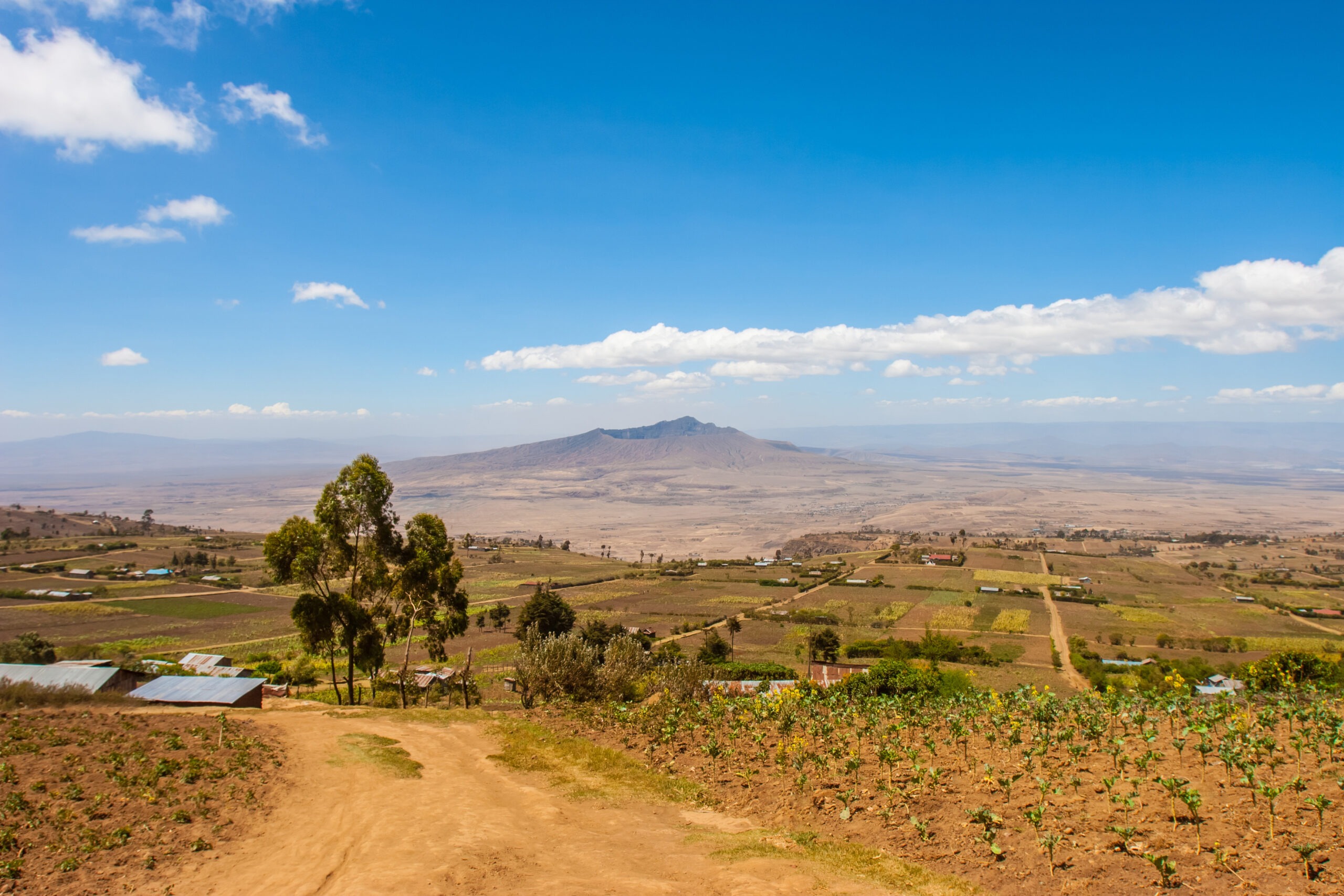To combat land degradation and restore Africa’s land, 34 African nations made a political commitment during COP21, known as AFR100: it aims to restore over 100 million hectares of land by 2030. As it moves into a new phase, Systemiq is helping to deliver its market readiness programme.
In its first phase, AFR100 mapped priority restoration landscapes and developed comprehensive national strategies and budgets. It also began implementation with the selection of 100 locally led restoration enterprises/communities and restoration of 5 million hectares.
As it enters a second phase, AFR100 is introducing a market readiness programme – to be delivered by Systemiq and Palladium via Regeneration – as one of its packages to support countries in reaching restoration goals. The Market Readiness Technical Assistance (MRTA) facility will be first implemented across three landscapes: Kenya’s Greater Rift Valley; Ghana’s Cocoa Belt; and the Lake Kivu and Rusizi River Basin spanning the Democratic Republic of Congo, Rwanda, and Burundi. These regions hold immense significance: the Greater Rift Valley plays a critical role in Kenya’s water supply and regional food security, while the Lake Kivu and Rusizi River Basin are part of the world’s second-largest rainforest, providing a home to five million people.
These efforts will be boosted by a share of a $22.8m grant from the Earth Fund, announced during African Climate Week.
How is Systemiq involved?
Regeneration is a partnership between Systemiq and Palladium that supports the largest portfolio of regenerative businesses across the tropical belt.
Through Regeneration’s implementation partners – Partnerships for Forests, the Rebuild Facility and the Multi-stakeholder Forestry Platform – Regeneration has hit huge milestones. It has supported over 40,000 direct beneficiaries and over 150 regenerative business, brought 3.5 million hectares of land under sustainable management, and mobilized £1 billion in private capital.
The MRTA facility seeks to mobilize $13.3 million in private funding, which translates to ∼$665,000 in offtake contracts or commercial financing for each restoration enterprise.
What does an MRTA do?
Regeneration will work closely with the enterprises to build and refine their business plans (including marketing, financial, operational, stakeholder management, and risk management). Then, they’ll facilitate negotiations with international and local companies in Regeneration’s network to buy their goods. The team hopes to mobilise US$9.1 million in private finance for the grant recipients, which translates to around $665,000 in offtake contracts or commercial financing for each restoration enterprise.

